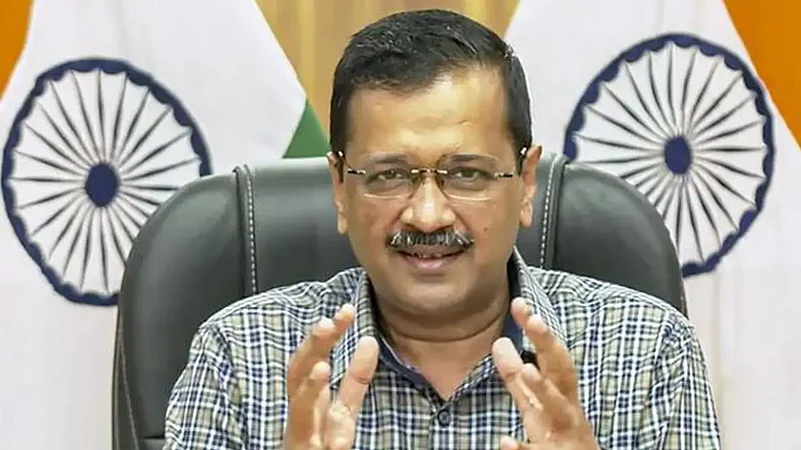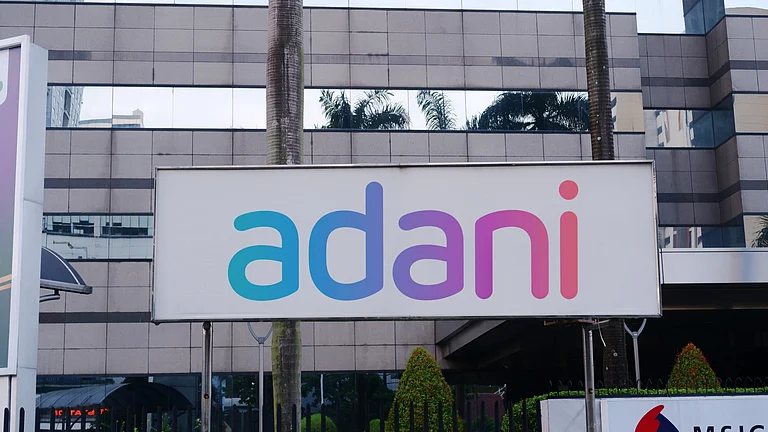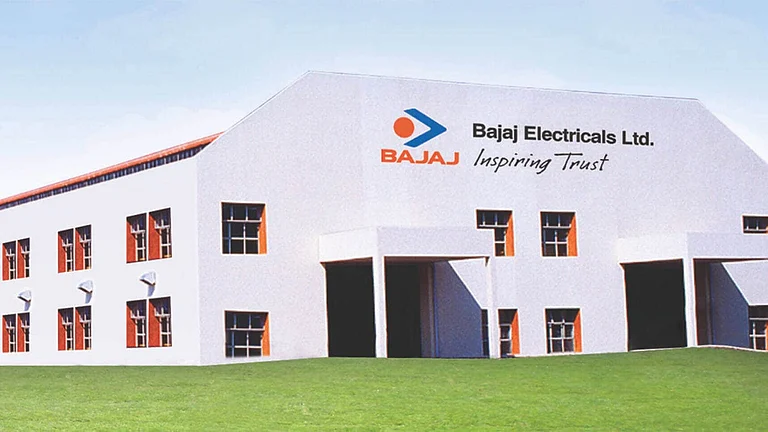The Arvind Kejriwal-led Aam Aadmi Party government’s new excise policy brought cheers to several people with lucrative discounts across alcohol categories.
However, the happy hours didn’t stay for long for Delhiites as the state government decided to roll back its excise policy and return to the old regime days after Lt. Governor VK Saxena recommended a CBI probe into the implementation of the new excise policy and directed Delhi’s Chief Secretary to submit a report detailing the “role of officers and civil servants in its illegal formulation, amendments, and implementation.”
While Delhi deputy chief minister Manish Sisodia said earlier in the day that all private liquor shops would shut from August 1, late-evening deliberations between top officials decided that the closure of such shops would be delayed by a month to avoid shortage and chaos at liquor vends, as per news reports.
The Delhi Government has decided to extend the policy of retail liquor stores in the city for another month till August 31 and sent a cabinet-approved file to Lieutenant Governor (L-G) Saxena late Sunday, said officials. The license will be extended only after the L-G approves the AAP government’s decision to implement it on the ground.
What Is Delhi’s Liquor Policy?
Delhi’s new liquor policy came into effect in November last year with an aim to end black marketing and increase revenue. Delhi was divided into 32 zones with each zone having 27 liquor vends.
The policy also allowed private liquor shops to offer discounts and set their own prices instead of selling on MRP fixed by the government.
Why Delhi Government Had To Withdraw Its Liquor Policy?
Sisodia announced the withdrawal of the liquor policy amid the ongoing investigation by the Delhi Police and Economic Offences Wing (EOW) into the Delhi Excise Policy,
He also announced to bring back the old policy for six months till a fresh policy for 2022-23 is in place.
“Only government shops will be opened from August 1,” said Sisodia.
The Chief Secretary (CS) of Delhi, Naresh Kumar had found “procedural lapses” and irregularities in the Delhi Excise Policy 2021-22. On July 8, he sent a report to Sisodia, Kejriwal, and LG Vinai Kumar Saxena.
According to news reports, Kumar also informed the Delhi Police’s Economic Offence Wing (EOW) about alleged illegalities and asked them to investigate the matter.
Delhi Police’s EOW issued a notice to the assistant commissioner of the Delhi Excise Department, seeking details about the alleged illegal distribution of liquor licenses to companies that had violated the terms and conditions of New Excise Policy 2021-22.
What Did The Chief Secretary’s Report Say?
According to the report submitted to the LG, CM Kejriwal and deputy CM Sisodia allegedly made changes to the excise policy without the approval of the LG.
It also states that Sisodia gave undue benefits to liquor licensees by revising the rates of foreign liquor and removing the levy of import pass fee of Rs 50 per case of beer. This, according to the report, made foreign liquor and beer cheaper for retail, leading to a loss of revenue for the state exchequer, according to a news report by Indian Express.
Officials said if any changes are made to a policy that has already been implemented, the excise department needs to place them before the cabinet and forward it to LG for final approval.
Will All Private Shops Be Closed From Today?
While Sisodia earlier said all private liquor shops would shut from August 1, it was later announced the closure of such shops would be delayed by a month to avoid shortage and chaos at liquor vends.
Sisodia had on Saturday said the arrangement of shutting the private shops would be temporary (for about six months) till the time a new excise policy is put in place under which fresh tenders will have to be floated for private entities.
What Were The Challenges Faced By Liquor Vendors?
A key decision in the 2021-22 excise policy was the Delhi government’s decision to exit from the business of retail sale of liquor.
However, several vendors began surrendering their licences, complaining about high input costs compared to the revenue earned in the midst of stiff discounts being offered by some vendors. Due to this, of the 849 sanctioned private retail liquor vends, only 468 were functional.































